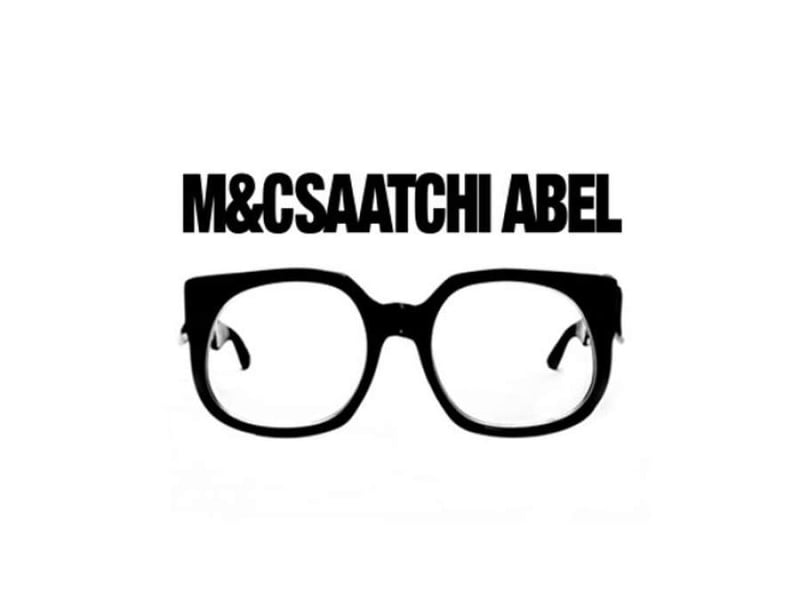M&C Saatchi Abel partners argue that the attention convention needs to be disrupted
Submitted by: MyPressportal Team
The time you will take to read this opening sentence is about how long a brand has to grab a consumer’s attention, which is why breaking the attention convention in a world evolving at breakneck speed is vital.
Covid-19 provided rocket fuel for our digital rocket. Forget captive audiences, the more interesting the world becomes, the less interested consumers are in brands. “Brands must compete for a share of attention,” says Cape Town-based Strategy Partner Keke Mahlelebe.
“In the world of content, we need to cut through the clutter and actively compete for consumers’ time. We must be interesting and we must entertain - that’s always been important, but even more so in a world with so many channels and so many choices,” he says. “Eight seconds - that’s what we have to grab and hold attention.”
Brands are not just competing with other brands for consumers’ attention, he says, “they also need to compete with WhatsApp, Netflix, friends, pizza night, family and much more.”
M&C Saatchi Abel Digital Partner Melody Maker, also based in Cape Town, agrees. “This may sound harsh, but brands - all of us in fact - need to stop drinking our own Kool-Aid. Brands must understand their consumers and find relevant ways to intersect with them.”
If the world is always on, why are people’s attention seemingly mostly off? How then do brands prevent themselves from being blue-ticked?
34-million people binge-watched Netflix’s Tiger King in the first 10 days, Jerusalema became the most Shazaamed song in the world and average screen time is the highest it's ever been
“A strategist in our group said it succinctly: ‘Instead of trying to create something people might be interested in, we need to become what people are interested in,’” says Mahlelebe.
He argues that the traditional brief that starts with a brand and marketing objective is out of touch. “Brands should turn this on its head. Why don’t we break convention and ask: ‘What is interesting in the world of the consumer?’ This way we are not deciding what is interesting and making the consumer secondary, rather, we are being relevant to the consumer. It’s one of the oldest values, to put the customer first, but if you want to talk to your customer on her device you have no choice but to embody this value.”
Maker says this is exacerbated when brands embark on box-ticking exercises. She says: “It doesn’t matter what you think is trending. There’s no point communicating on a platform for the platform’s sake - you need to always ask: ‘Is this something I would engage with?’”
Ironically, but perhaps inevitably, the more we have access to AI and machine learning and highly technical data and insight gathering tools, Mahlelebe and Maker say the best insights are right in front of you when you actually engage with the people you want to speak to.
Mahlelebe adds that the most successful brands have a point of view. He refers to Volvo, which he says communicates one thing: safety. “That's the safety of their cars, cars in general, people and the environment. They can have these broad conversations that people find interesting because they have a constant point of view and are driven by clarity of purpose. That makes them relevant.”
“The opposite is where brands try and engage in important cultural discussions, but they simply cannot back it up with their brand’s point of view. It lacks authenticity and is irrelevant. If you’re irrelevant I’m not spending my attention on you,” says Maker.
The two partners believe that if brands want to compete, they need to increase the size of the playing field. While this may seem like an impossible ask, one only has to look at the international Burger King campaign, where the fast-food giant got the best soccer players in the world to wear its branding by directing its thinking to what consumers find interesting.
“It sponsored a fourth-tier football team called Stevenage and encouraged gamers on the popular game FIFA 2020 to “hire” the world’s best players. Burger King went from selling burgers to sponsoring a football team. They broke the attention convention by being interesting, relevant and brave,” says Mahlelebe.
“Across our stable of clients, from Yardley, to Netflix, Takealot.com, Mr D, Netflix, MWeb and Superbalist, among much more, our lazer-sharp focus has been on how we can increase the attention on our clients, how can we compete for a greater share of attention across more devices, more of the time,” says Maker.
“Breaking the attention convention is how you compete and stay relevant in the new economy,” says Mahlelebe.
Latest from
- Hyprop Brings the Magic of Disney to South Africa This Festive Season
- The Epic Finale of Tropika Island of Treasure Zanzibar Season 11 - Who Will Claim the Grand Prize?
- Could Sport Be the Key to Shaping a Better Society?
- Johnson & Johnson Marks New Era as Global Healthcare Company with Updated Visual Identity
- European Federation of Journalists to Stop Posting Content on X

